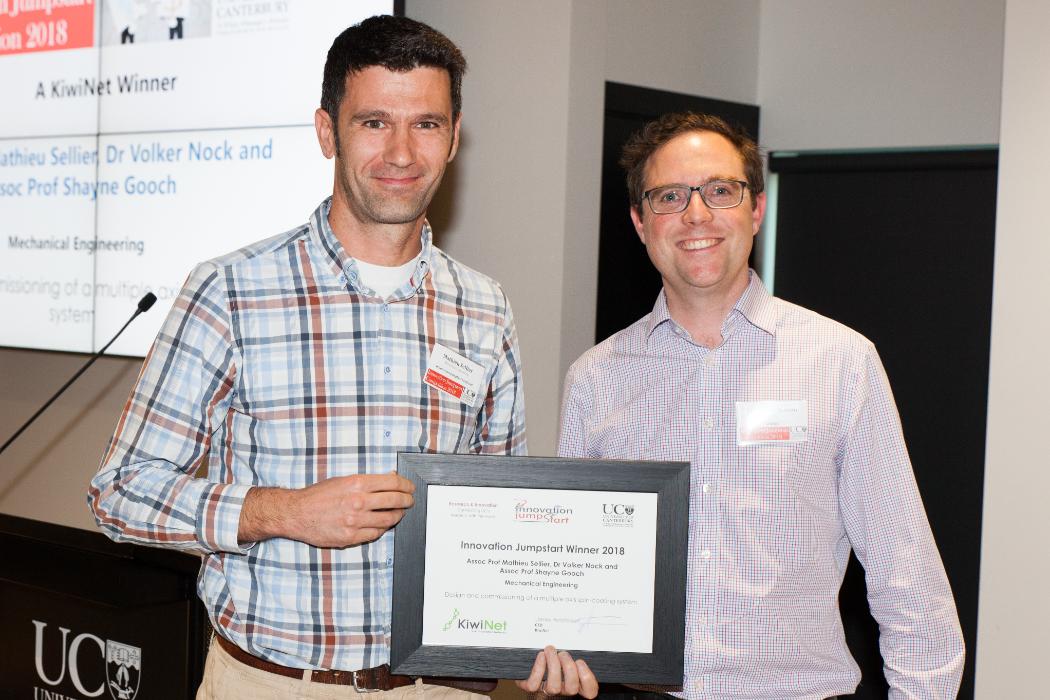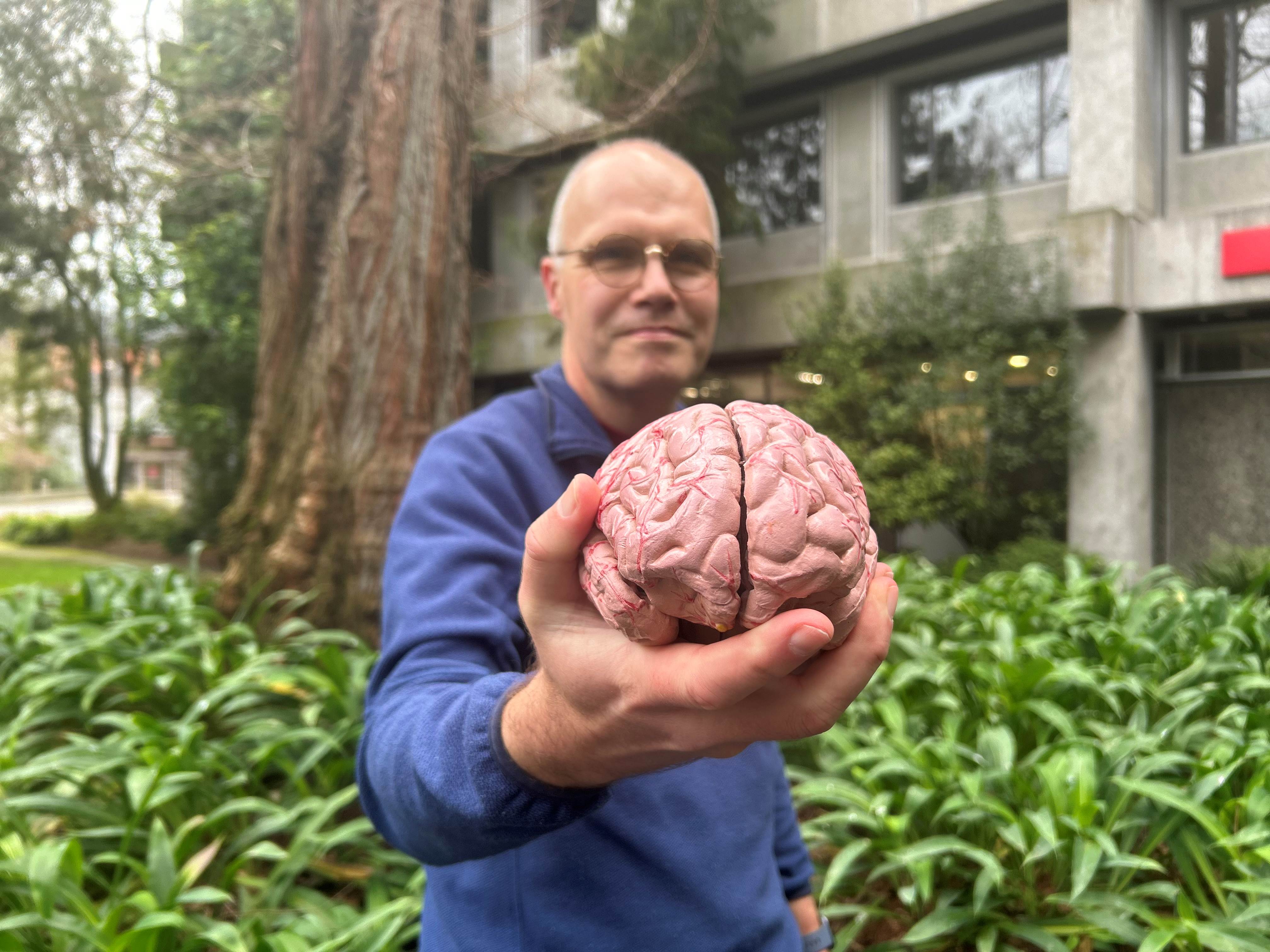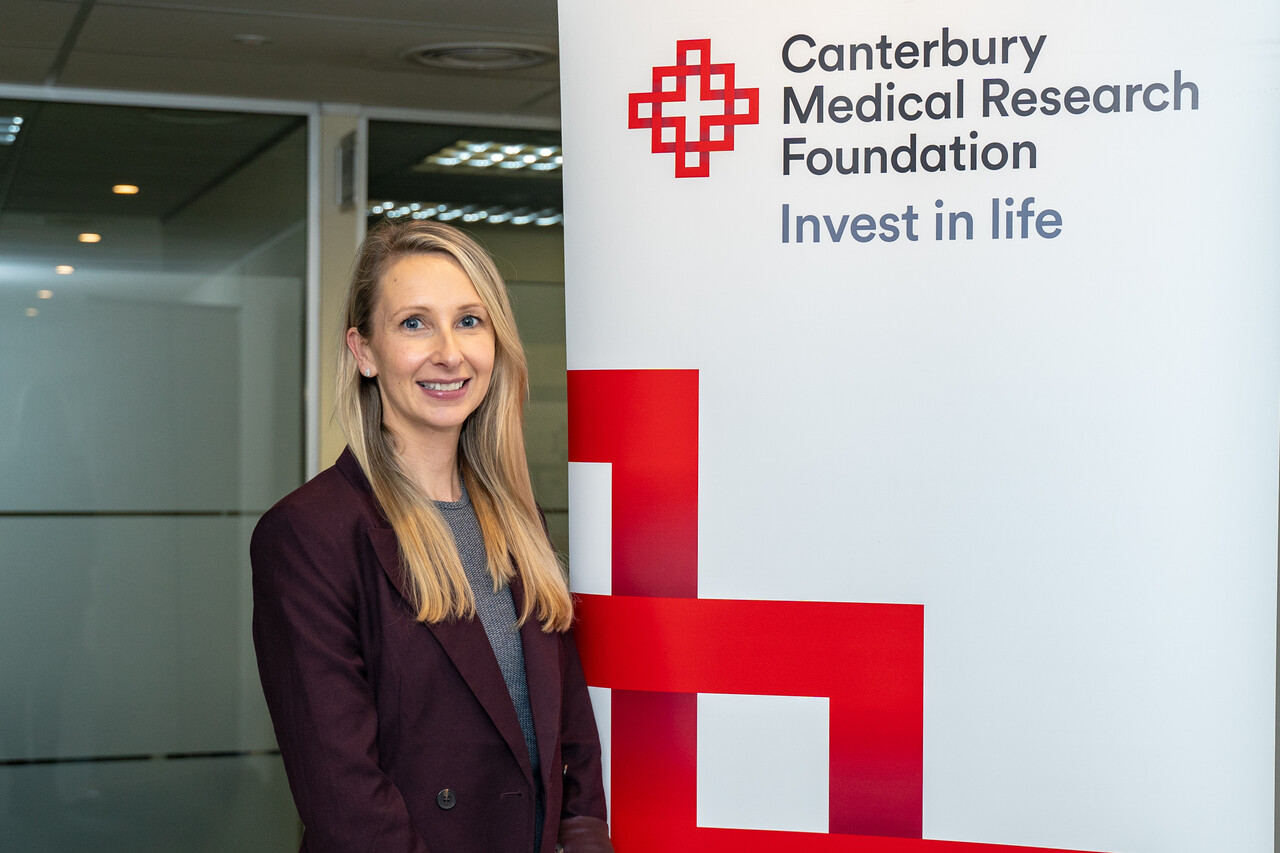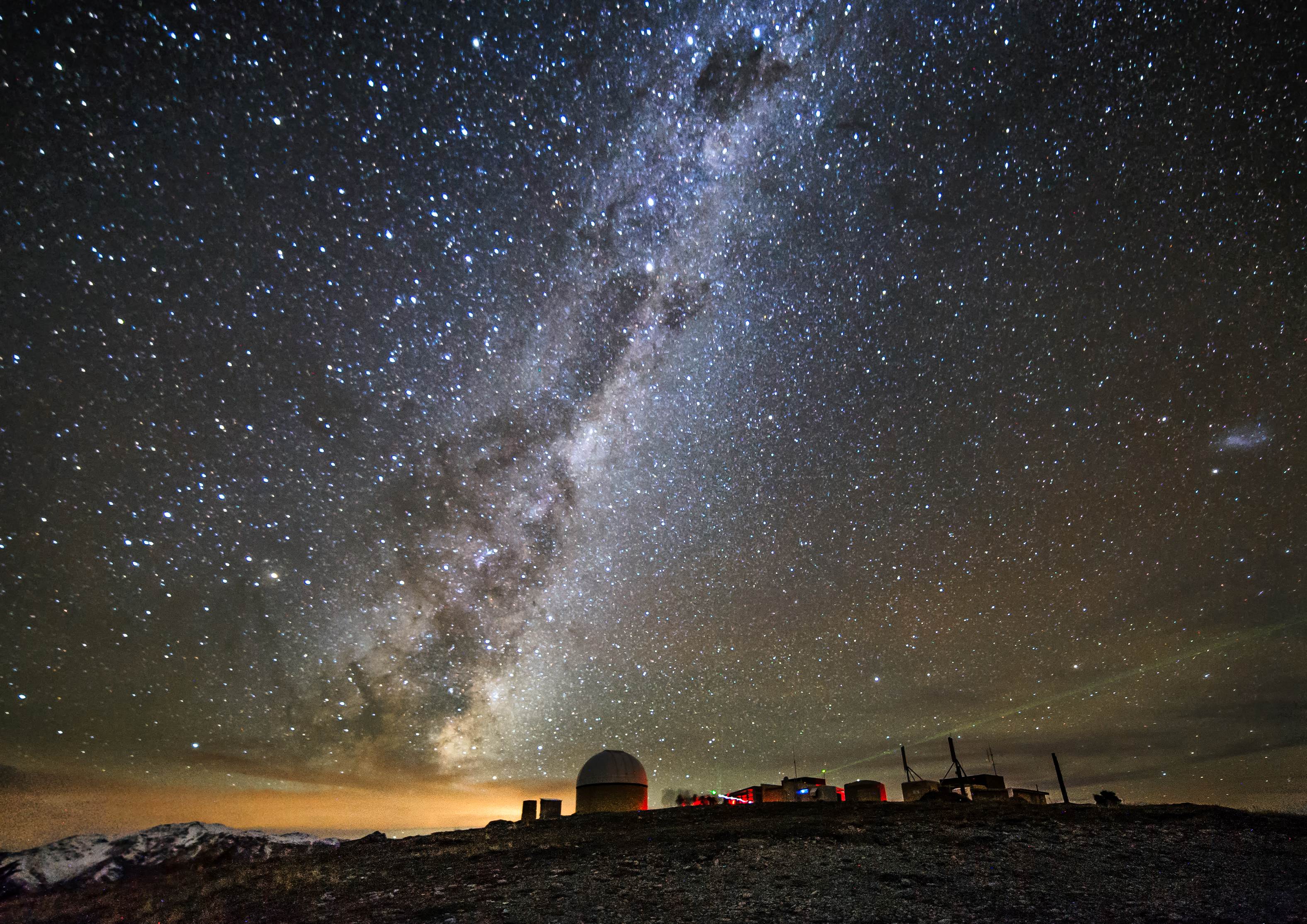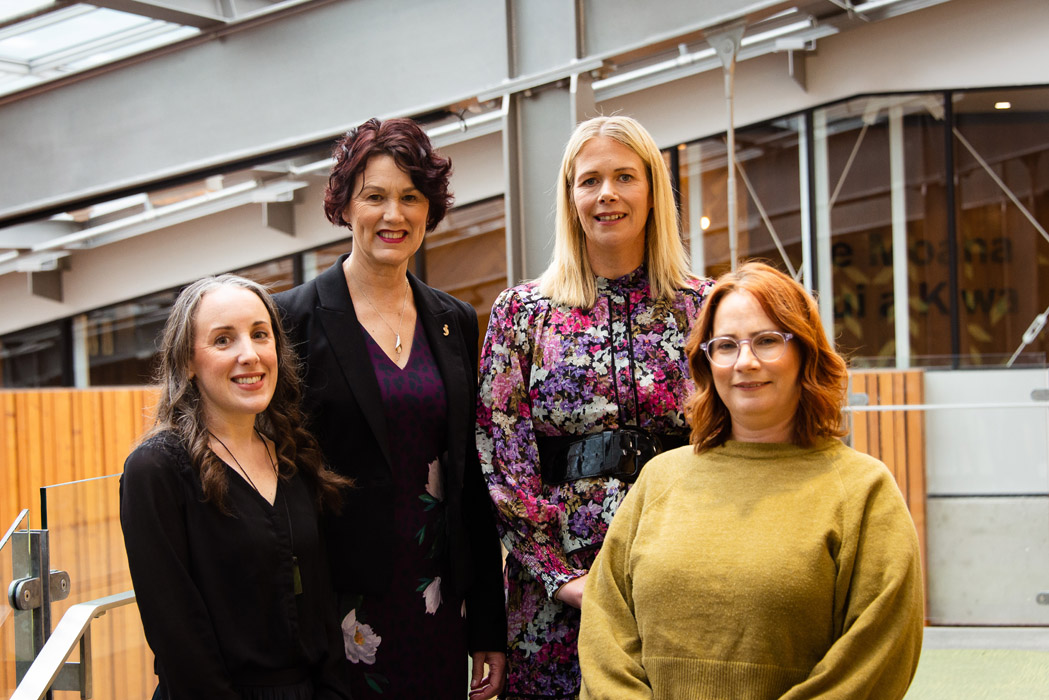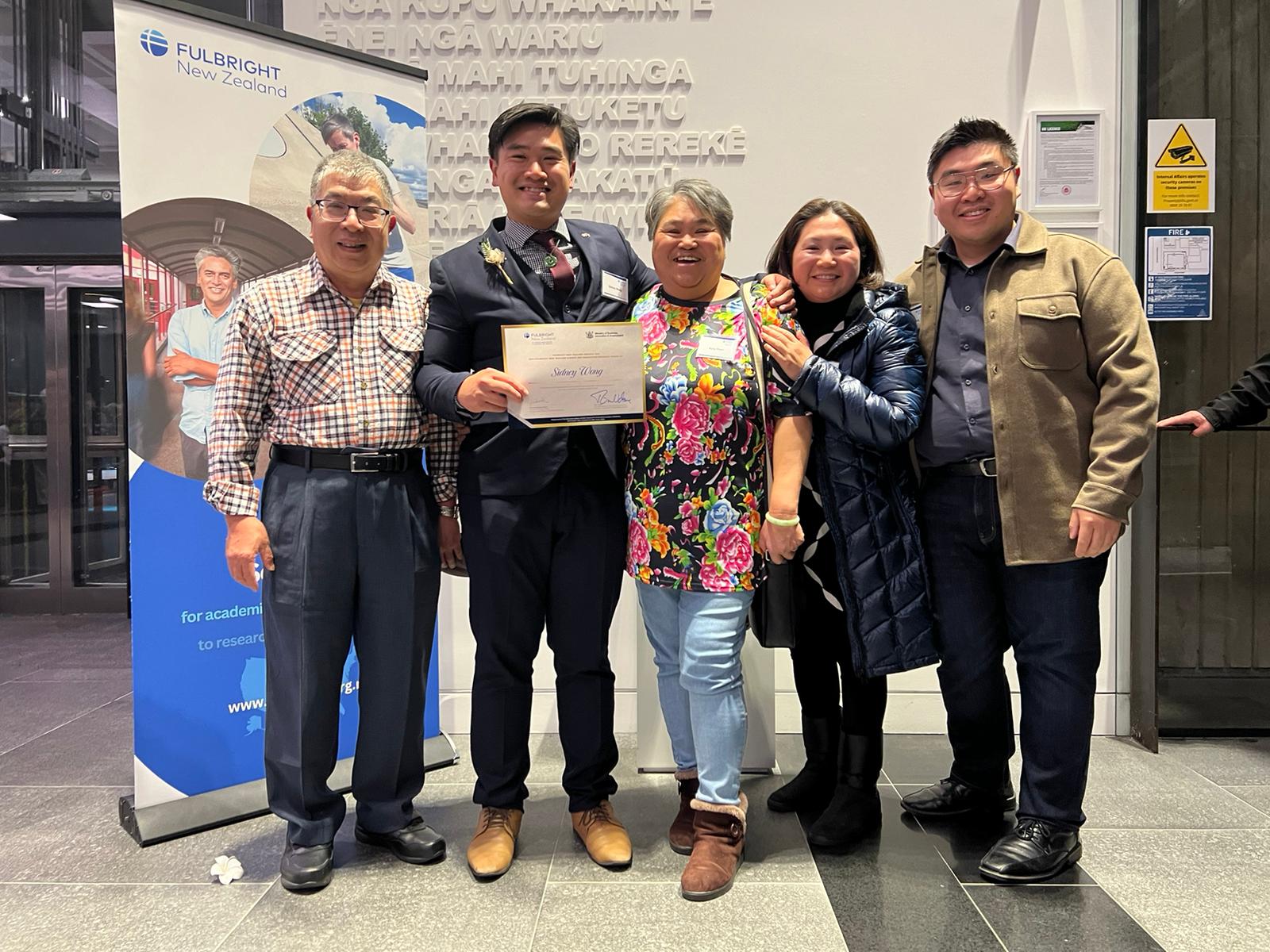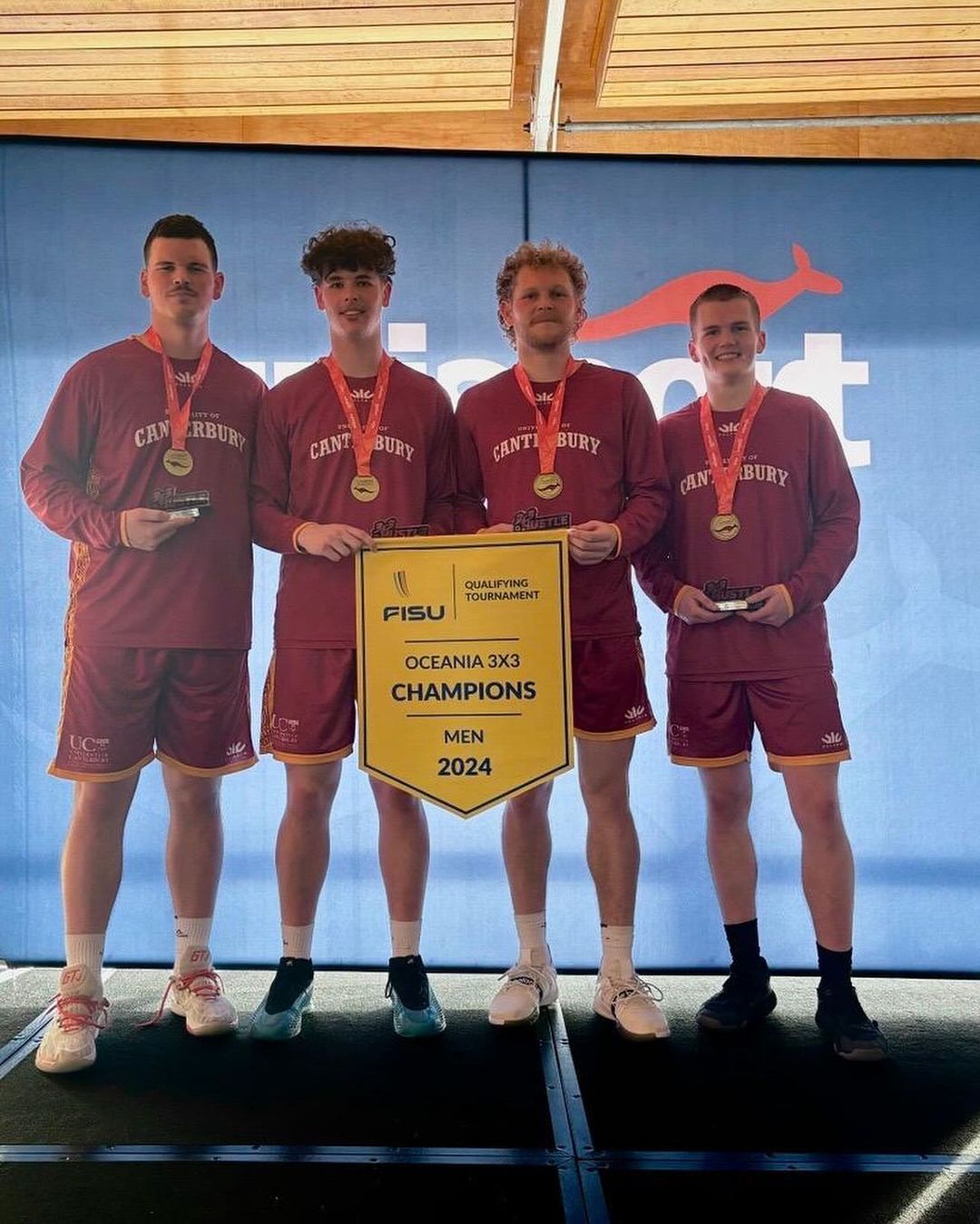UC Professor Mathieu Sellier receives Innovation Jumpstart award from KiwiNet CEO James Hutchinson.
What do smartphone displays, solar cells and electronic circuit boards have in common? They all include spin coating, a technique used to create flat, rigid surfaces, in their manufacturing process.
An international team led by University of Canterbury (UC) Mechanical Engineering Professor Mathieu Sellier is working on extending the applicability of spin coating to deliver a low cost, effective and reliable way to coat objects with rounded surfaces. This new technology has the capability to revolutionise the way certain products are designed and manufactured. For example, it opens the door for the creation of curved solar cells.
“Currently, spin coating is only effective on flat surfaces as it leads to an uneven film thickness on curved ones,” Professor Sellier says.
“Spin coating is the cornerstone of many industrial processes, and therefore, the ability to adapt it to curved surfaces could disrupt a range of technologies in fields such as optics, micro-technologies and medical implants. It could also open up a litany of commercialisation opportunities.”
The team, including UC Mechanical Engineering Associate Professor Shayne Gooch, Senior Lecturer and Director of the Biomolecular Interaction Centre Dr Volker Nock and Ecole Polytechnique (Paris, France) Assistant Professor Edouard Boujo, won a $20,000 grant from Jumpstart 2018 to validate and develop their idea further.
Professor Sellier’s winning idea was first initiated around the dinner table from a fun project to explore the optimal way to rotate a pan to make the perfect pancake.
“While this question may appear unrelated, making crêpes is all about applying a thin uniform layer on a surface, just like spin coating.”
Professor Sellier and Professor Boujo have recently shown that there exists optimal controls for the pan to obtain the “perfect pancake”.
“This is a good example of why curiosity-driven research should be encouraged, because it can lead to unforeseen ideas and applications,” Professor Sellier says.
Over the next year, the team plans to demonstrate the proof-of-concept and provide tangible evidence required to attract the attention and interests of potential end-users and investors.
